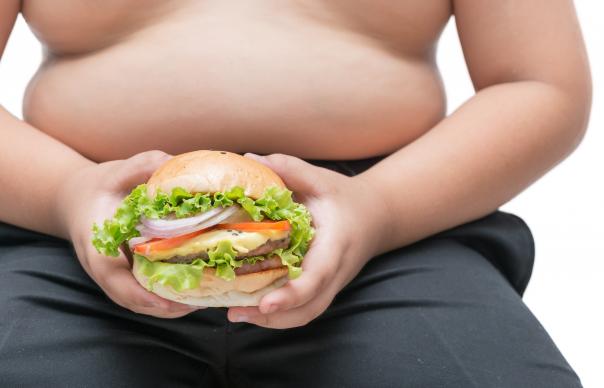
Figures published for the first time show that more than 22,000 children aged 10 and 11 in Year 6 are severely obese.
The LGA, which represents 370 councils in England and Wales, is warning that children are gaining weight at a drastic rate as they go through schools, contributing to a ‘multi-billion pound ill-health time bomb’.
Councillor Izzi Seccombe, chairman of the LGA’s Community Wellbeing Board, said: “These new figures on severely obese children, who are in the most critical overweight category, are a further worrying wake-up call for urgent joined-up action.
“Unless we tackle this obesity crisis, today’s obese children will become tomorrow’s obese adults whose years of healthy life will be shortened by a whole host of health problems including diabetes, cancer and heart disease.”
Severe obesity is the second biggest cause of cancer and can shorten a person’s life by 10 years.
The 2016/17 data, supplied by the National Child Measurement Programme, reveals that severe obesity rates vary significantly by area. They are highest in children living in the most-deprived towns and cities, and those from BME groups.
The LGA said the figures should prompt concerted action to tackle the obesity crisis, which is costing the NHS more than £5 billion a year.
Despite budget reductions, councils are spending more on running effective prevention schemes to help children stay healthy.
Essential prevention work, including councils’ ability to provide weight management services for children and adults, is being frustrated by a £600 million reduction in councils’ public health budgets between 2015/16 and 2019/20.
The LGA is calling for reductions in public health grants to be reversed and for further reforms to tackle childhood obesity. This includes councils having a say in how and where the soft drinks levy is spent, better labelling on food and drink products, and for councils to be given powers to ban junk food advertising near schools.
Seccombe added: “Following the introduction of the sugar tax, we urge government to publish more details of its obesity strategy and to recognise councils’ key prevention role in tackling one of the greatest public health challenges this nation faces.”
The LGA data follows figures from Organisation for Economic Co-operation and Development that show a greater proportion of 11-year-olds are obese in the UK than the US.